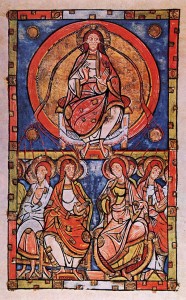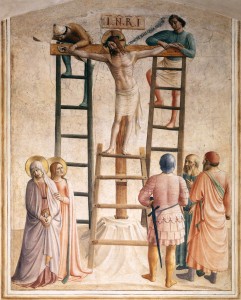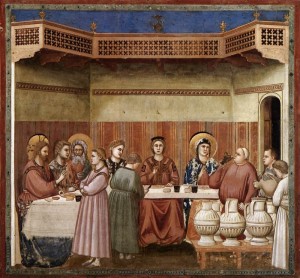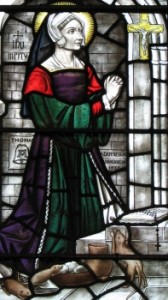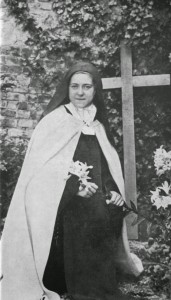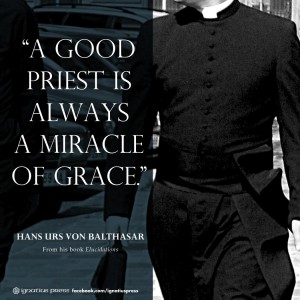 In the region of the country in which I live there are some very good priests: attentive to matters of faith and reason, attentive to their spiritual life, eager for apostolic work, work on being truly human and serious about the offering sacrifice as a priest of Jesus Christ. The men I am thinking of are not clowns. They prepare for the sacred Liturgy, want to do good by the Church and the Lord, they see their spiritual director monthly, and spend time in daily prayer. These priests also read books, visit musea, and like people. Theirs is a real life of prayer, work and study.
In the region of the country in which I live there are some very good priests: attentive to matters of faith and reason, attentive to their spiritual life, eager for apostolic work, work on being truly human and serious about the offering sacrifice as a priest of Jesus Christ. The men I am thinking of are not clowns. They prepare for the sacred Liturgy, want to do good by the Church and the Lord, they see their spiritual director monthly, and spend time in daily prayer. These priests also read books, visit musea, and like people. Theirs is a real life of prayer, work and study.
On the other hand, I have known lots of priests who seek preferment in civil and ecclesial circles under the guise of “obedience”, develop a personality cult, I know who one is a frequent visitor to sex shops, others are alcoholic, addicted to power, I know one is in prison for drug related charges, others are lazy, economical with the truth, ignorant and ill mannered, superficial and these are their good qualities. Just recently a priest proudly stated that he was leaving his venerable religious order and the exercise of Catholic priesthood and joining the Episcopal Communion. Another priest I know who falls in this category of “bad priest” was recently given a new job of considerable authority and influence in his diocese and who has little integrity, or care for others. This same priest has had charge of men preparing for sacred priesthood, too.
For the record, there is no time when the words “I’m the priest, and this is my parish” are to be uttered and heard. Otherwise, the one who thinks in such way betrays his baptismal and priestly ordination.
The sinful aspects of what I described above are the result of the thoughts, will and affections being disordered by someone other than the Most Trinity — that is, Satan. We too often allow the circumstances of life control the beauty of personhood slowly moving us away from our true self as we are made in God’s image. And in moving away from our true center we move away from God who gave us those beautiful desires to know, love and to serve in this world –that is, to have the hundredfold promised Jesus– to serve under another banner not divine or holy. Hence, the metaphor of the “bad priest.”
So, when you read this phrase, “A good priest is a miracle of grace” it ought to be a striking idea upon which to reflect. Thanks be to God of Balthasar!
Loyola taught us that the three devices of Satan are money, power and fame. He also notes the sin of ingratitude –a big sin for Saint Ignatius.
Those who reflect on this issues with depth and sincerity will notice the ways in which the devil corrupts those who have consecrated their lives to God for the service of the Church. Think of CS Lewis’ book, Screwtape Letters. Recall the agenda of the tempter: the priesthood and sacramentality are messed around with by Satan. Many fall prey, others don’t. And that is why I’m so grateful for priestly vocations lived well.
